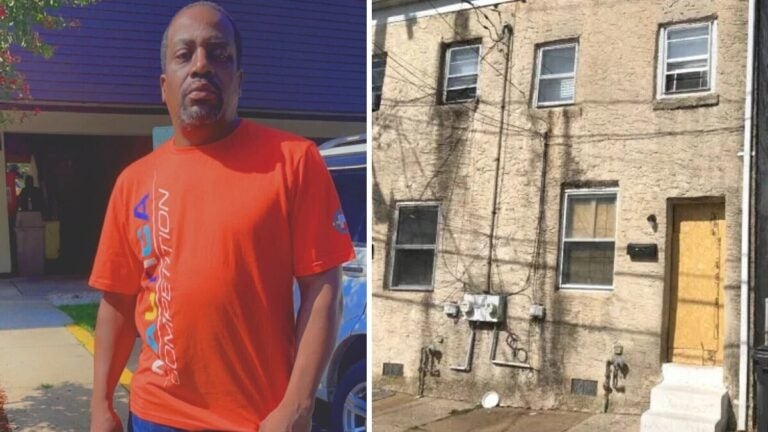UPDATE: A landmark ruling just emerged from the Philadelphia-based U.S. Court of Appeals for the 3rd Circuit, reviving the wrongful eviction lawsuit of William Murphy, a blind man, and his two daughters, who were unlawfully removed from their home during a snowstorm. The court’s decision, issued on October 15, 2023, highlights critical failures in the eviction process that occurred while Delaware was under a moratorium due to the COVID-19 pandemic.
The Murphys were evicted in March 2021, when armed court constables mistakenly executed an eviction order intended for a previous tenant, leaving the family without shelter in freezing conditions. Murphy recounted the traumatic experience, stating, “I never thought I could live in some place and be homeless within five to ten minutes. It didn’t make any sense to me.”
This urgent case raises significant questions about the state’s liability regarding the eviction of individuals with disabilities, especially concerning the legal obligations of officials to provide accessible communication. The federal appeals court ruled that constables should have made “reasonable modifications,” such as providing the eviction notice in braille, to ensure Murphy understood the situation.
Murphy expressed his relief at the ruling, stating, “I’m happy that they decided to do that for me because my only real thought in the whole thing is that I feel like nobody listened to me.” He and his daughters had to leave behind essential items, including school laptops and an urn containing the ashes of Murphy’s late wife, Lakia.
The initial dismissal of the case by Delaware’s chief federal judge, Colm F. Connolly, claimed there was insufficient evidence to prove discrimination based on Murphy’s disability. However, the appeals court rejected this finding, emphasizing that the eviction was not only wrongful but also indicative of systemic issues within the Delaware court system.
Legal experts, including Murphy’s attorney Stephen Neuberger, argue that the state’s “evict first, ask questions later” policy needs urgent reform. Neuberger declared, “Even if you’re evicting the wrong person, the notice still has to be in a form that the blind man can read and understand.” The court’s decision signifies a critical win for disabled individuals’ rights, emphasizing that due process protections are paramount.
The state of Delaware now faces the decision to either appeal the ruling or allow the case to proceed to trial. Chief Magistrate Alan Davis confirmed that the matter is under review with the Department of Justice, stating, “Unfortunately, I can’t comment on pending litigation.”
As the Murphys prepare for potential legal battles ahead, their story serves as a poignant reminder of the need for compassion and understanding in the legal system. They have since relocated to southern New Jersey, where Murphy continues to work, advocating for better treatment of individuals with disabilities.
This ruling is not only a victory for the Murphy family but also has significant implications for the rights of disabled individuals throughout the state. Advocates call for a thorough investigation into the practices of the Delaware magistrate court system to prevent future injustices.
Stay tuned as this developing story unfolds, potentially changing the landscape of tenant rights and disability protections in Delaware.







